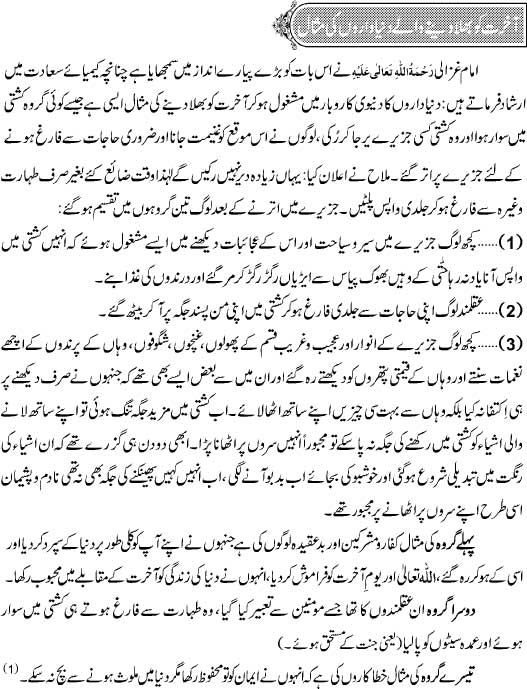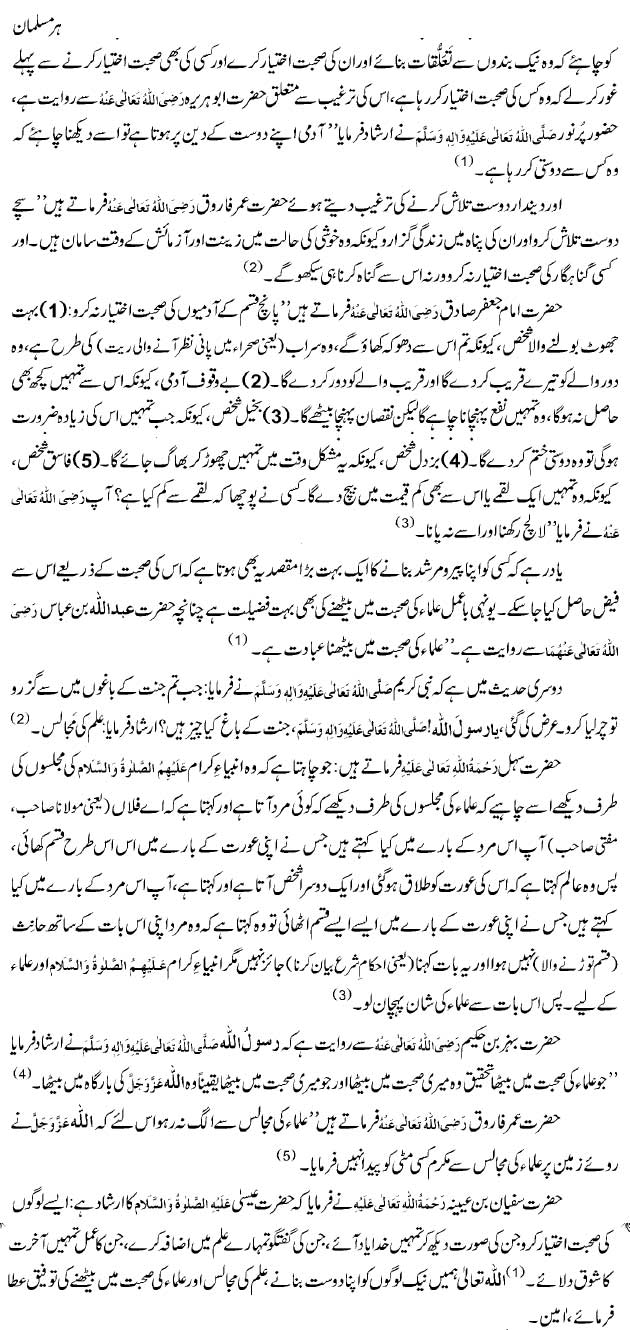Allah ta’aala says in the Holy Qur’an: (And Ayyub, when he cried to his Lord, saying): Oh my Lord, adversity has touched me; indeed, and You are the Most Merciful of all show mercy.(Al Anbiya Verse 83)
A Hadith also states that: The most severely burdened with calamities (in this world) are the Prophets (alaihis salaam), then those who come next to them in righteousness and Prophetic conduct. (Mishkat Al Masabih)
There are two categories of miseries and troubles in this world. The first category are those that are a means of punishment and torture from Allah. Punishment is reserved for the Hereafter, but Allah inflicts token punishments on the sinners so that they may give up their sins and take to piety and righteousness. The second category of troubles are those that Allah uses to elevate a man’s status and granting him reward and recompense in return for his troubles and worries suffered in this world.
Troubles are a punishment if a Muslim does not turn his attention to Allah, he resorts to all the worldly means and discards his salaah. He does not turn to Allah in repentance and with supplications for relief but instead curses his destiny. Troubles are a mercy from Allah if a Muslim repents to Allah, acknowledges his helplessness and prays to Allah in all sincerity and humility for mercy and help. He bears no grudge and offers his salaah with greater sincerity, regularity and concentration. The troubles become a source of reward and a sign of divine love and sympathy.
No man is free from troubles and worries
Allah has so created and planned this world that grief and joy, comfort and discomfort, health and sickness, etc. go together. Pure joy and happiness will only be available in Paradise. It is therefore impossible that a man should remain in this world free from worries and adversities. Everyone is suffering from one worry or another in varying degrees. Almighty Allah has planned the affairs of this universe in such a way that upon one person He has bestowed worldly riches and upon another the bounty of health. Someone is well-ff economically but care-ridden mentally and inwardly.
Why should a favorite servant of Allah be burdened with cares and worries? According to one hadith, Allah asks his angels to go to His servant and entangle him in some trial because He is pleased with his weeping and crying for mercy and help. The secret of this strange treatment of Allah his His beloved servant lies in the fact that Allah desires to convert the troubles and trials of His servant into everlasting peace and comfort and elevate his status in the Hereafter by purging him of the filth of his sins committed in the worldly life.
Just look at Hadhrat Ibrahim (as), bearing the title Khalilullah (friend of Allah). He was flung into the fire, commanded to kill his son, Ismail (as) and abandon his family in a dry, desolate territory. In short, he was subjected to great trials and tribulations. When the people will receive their rewards and prizes from Allah on the Day of Judgement they will realize that the trials and tribulations they suffered in the world were nothing compared with the prizes and returns.
Allah says in the Holy Qur’an, ‘ And surely We shall try you with something of fear and hunger, and loss of wealth and lives and crops, and give glad tidings to the steadfast, who say when misfortune falls on them: We belong to Allah and we shall indeed return to Him. Such are they on whom are blessings from Allah and they the rightly guided ones.’ (2:155-157)
The conduct of the Prophet (saw) during periods of distress Hadhrat Aishah (ra) has narrated that when the Prophet (saw) was on his deathbed, he frequently put his sacred hand into water and rubbed the wet hand on his blessed face and at the same time he expressed the torture he was undergoing. Seeing her father in this condition, Hadhrat Fatimah (ra) uttered, ’Oh how distressed is my father!’ The Holy Prophet (saw) reacted to this by saying, ‘Your father will face no distress after this day.’ The Sunnah of the Holy Prophet (saw) lays down that on being inflicted with hardships, difficulties and worries the sufferer should display neither complaint nor boldness. He should instead address Allah in the words, ‘Oh Allah, relieve me of this trouble and misfortune by Your grace.’
May Allah grant us the correct understanding of this point and help us act upon it. Ameen!
Mufti Yusuf Danka Al-Kauthar





